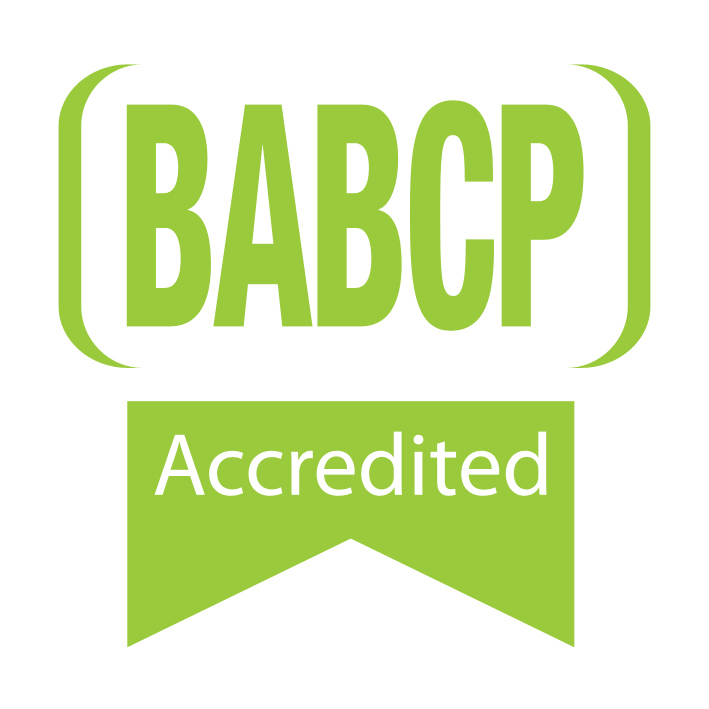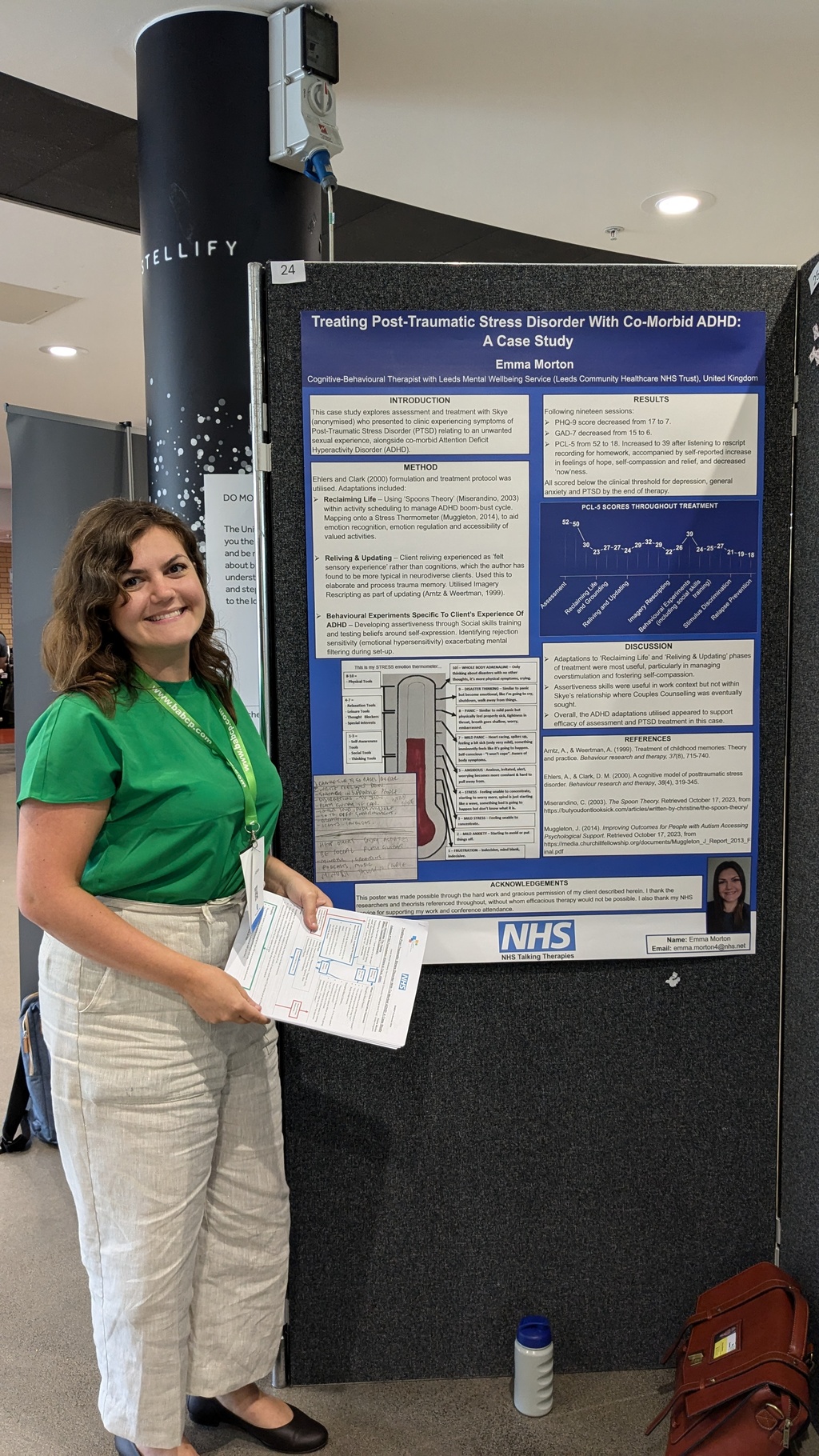Please find below:
We have a chat to discuss your needs and expectations for therapy so that you feel confident before we start working together!
We use our first three sessions together to more thoroughly explore issues impacting on your mental health and create a treatment plan together. In particular we pinpoint behavioural patterns and cognitive processes, where these may have come from, and what is keeping the problem going in the here and now.
Together we will use established and evidence-based methods to change patterns of thoughts and behaviours that may be feeding into your main problem and preventing you from reaching your goals. Some of the approaches I am trained in include:
How Many Sessions?
The total number of sessions we have together depends on the nature of the problem we are working on and our agreed treatment plan, however on average these range from six sessions to twenty sessions.
Sessions typically to last approximately sixty minutes and tend to take place on a weekly or fortnightly basis.
How We Meet
I conduct online remote sessions using MS Teams. Please ensure you have a device with a camera, microphone and stable access to the internet. Please also ensure you have a private space where we can conduct our sessions together.
How Much Do Sessions Cost?
Our initial 15-minute consultation is free of charge and there is no obligation to continue forward with therapy from here.
After that I charge £90 per session, which may be weekly or fortnightly. I charge a flat rate per session, so if longer sessions are required during the course of your treatment you will not be charged more for this.
I am a recognised therapist with the following providers and insurance companies... AXA, Aviva, The Rehab Network, and WPA. Your fee may be covered partial or fully by your insurance provider if you have arranged cover and make a claim with them.
Who Am I Trained To Work With?
I am trained to work with adults who are 18 years and over. My training and experience includes work with the LGBTQIA+ community, neurodivergent community (including Autism Spectrum Condition and Attention Deficit Hyperactivity Disorder), older adults, students, and people of differing nationalities/ethnicities to myself.
Within my practice I work with many mental health conditions including but not limited to…
Contrary to popular belief, you don't need a diagnosis to refer in for therapy. Many people I see are not sure what specific issues they are experiencing when they first refer in to therapy, and this is perfectly fine. Together we explore and work this out, and people are often relieved by level of understanding we achieve together, usually within the first session or two!
Please Note: Unfortunately, I am not trained to undertake therapy with people actively experiencing symptoms of psychosis, anorexia, bulimia, bipolar, schizophrenia, anger management issues or personality disorders.




I have been working in mental health for more than 10 years at this point and would gladly bring this experience to any work we undertake together!
Here is my career timeline so far…

2012: I began my career volunteering as an ‘Active Listener’ for a national emotional support service, working with people struggling with issues such as hopelessness and panic attacks. At the same time, I had a role as a ‘Research Assistant’, researching a new supplement that could support people struggling with anxious feelings. Our research has since been published and if you are interested you can read it here – https://pubmed.ncbi.nlm.nih.gov/32761980/
2017 to 2022: This is where the official ‘Cognitive Behavioural Therapy’ (CBT) part of my career started. Within the NHS, I trained and received my certificate in ‘Low Intensity CBT-Based Interventions’, and I spent my time supporting people to overcome mild to moderate common mental health conditions including depression, generalised anxiety, obsessive compulsive disorder, phobias, panic disorder, binge eating, sleep problems, and stress. I would also deliver weekly therapy groups going through strategies to support stress management. Whilst conducting treatment with my patients, I also took on a role as the Neurodiversity Champion for the service, researching and training fellow staff members in how to appropriately adapt their sessions for people presenting with Autism Spectrum Condition and/or ADD/ADHD. These were the years that affirmed for me that this is what I want to do – Talking through people’s issues, watching them use techniques and recover from issues that sometimes spanned back more than 30 years has been such as privilege. It has really brought home for me the versatility of the CBT approach when we work together to make it work for you.
2022 to now: I had an opportunity in 2022 to train in my NHS placement toward a Post Graduate Diploma in High Intensity Psychological Interventions. This is where I can officially call myself a ‘Cognitive Behavioural Psychotherapist’. Therapists trained to this level grow their skills to support all of the people that Low Intensity Practitioners can, though these clients may be experiencing more severe forms of depression and anxiety conditions. I also received training to work with other conditions such as Social Phobias, Health Anxiety, Post Traumatic Stress Disorder, Emetophobia (Fear Of Vomit), and Body Dysmorphic Disorder. Upon completing my training, I decided to set up my private practice ‘CBT by Emma’, where I can take all of my skills from the past few years and use them to support people along their mental health journey! And that’s where you can find me today!